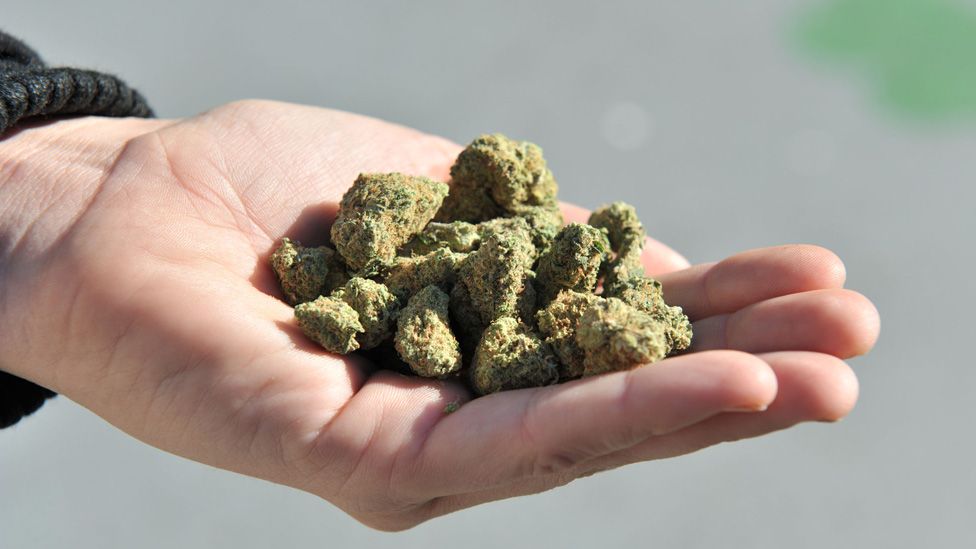The debate surrounding the legalization and regulation of marijuana consumption has gained significant traction in recent years. With shifting public opinions, evolving medicinal applications, and potential economic benefits, countries around the world are reevaluating their stance on marijuana. This article delves into the global perspective on marijuana consumption, examining the reasons behind the push for legalization, the regulatory frameworks implemented by various countries, and the potential implications for society. Websites such as upscalelivingmag.com offer insightful coverage of the evolving landscape of marijuana legalization and its impact on various aspects of society.
The Shifting Landscape of Marijuana Legalization
Public Opinion and Attitude Shifts
One of the driving forces behind the global shift towards marijuana legalization is changing public opinion. As scientific research has shed light on the potential medical benefits and relatively low risks associated with moderate use, many individuals and communities have become more accepting of marijuana consumption. This shift is often accompanied by a desire to address social justice concerns, including disproportionate legal consequences for minority communities and the redirection of law enforcement resources.
Economic Incentives
Another compelling reason for legalization is the economic potential that a regulated marijuana market offers. Legalization can generate significant tax revenue and create jobs within the legal cannabis industry. Countries like Canada and several U.S. states have already experienced substantial economic growth due to establishing legal marijuana markets, leading other nations to consider similar strategies for boosting their economies.
Global Regulatory Approaches
Full Legalization and Retail Models
Several countries have chosen to legalize marijuana for medicinal and recreational use fully. Uruguay was a pioneer in this regard, legalizing the plant in 2013. Canada followed suit in 2018, introducing a comprehensive regulatory framework that governs the production, distribution, and sale of marijuana products. These models prioritize strict quality control, age restrictions, and public education campaigns to ensure responsible consumption.
Medicinal Use and Decriminalization
Other countries have taken a more nuanced approach, legalizing marijuana strictly for medicinal purposes or decriminalizing its possession. Many nations, including Germany and Australia, have established medical cannabis programs that allow patients to access marijuana products with a doctor’s prescription. Decriminalization, as seen in countries like Portugal, often involves reducing criminal penalties for possession while maintaining some legal restrictions.
Implications and Considerations
Health and Safety Concerns
While the push for legalization and regulation is motivated by various factors, health and safety remain paramount concerns. Regulators must navigate balancing access to marijuana products with protecting public health. Effective regulations encompass labeling requirements, dosage guidelines, and limitations on potency to mitigate potential health risks associated with excessive consumption.
Youth Protection
A critical aspect of marijuana regulation is preventing access and consumption by underage individuals. Striking a balance between adult access and youth protection requires robust age verification systems, strict marketing restrictions, and comprehensive educational campaigns aimed at informing adolescents about the potential risks associated with early marijuana use.
International Treaties and Legal Harmonization
Global efforts towards marijuana legalization raise questions about international treaties and agreements that currently classify the plant as a controlled substance. Regulation discrepancies could strain international relationships as individual countries pursue their legalization pathways. Achieving legal harmonization, or finding common ground among countries, becomes a challenge in this evolving landscape.
Conclusion
The global perspective on marijuana consumption is transforming remarkably as more countries reconsider their approach to cannabis regulation. The shift towards legalization is often driven by changing public attitudes, potential economic benefits, and the desire to address social justice issues. The diverse regulatory approaches, from full legalization to medicinal use programs, reflect the complex considerations of balancing individual liberties, public health, and responsible consumption. As this global experiment unfolds, it is imperative that nations continue to share their experiences and findings to refine their approaches and collectively shape the future of marijuana consumption on a global scale.




